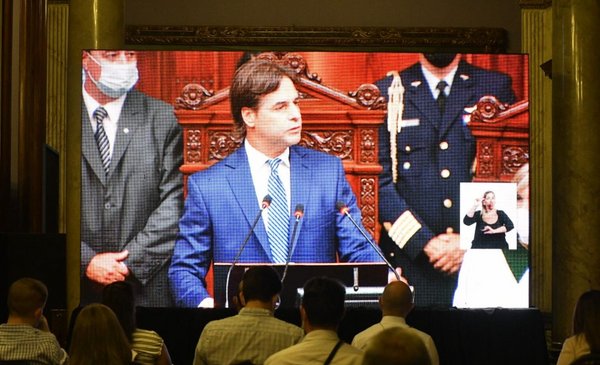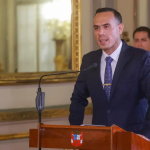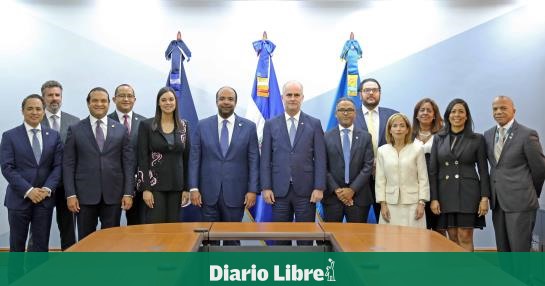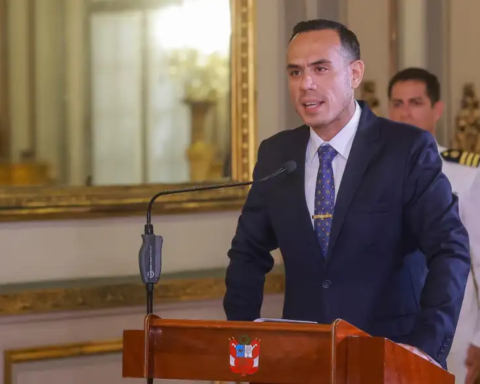In the speech before the General Assembly this Wednesdaythe president, Luis Lacalle Pou, announced the government’s intention to reduce the Social Security Assistance Tax (IASS) and increase the deductions allowed in the lowest bands that pay personal income tax in 2023, if “satisfactory results” were obtained in the economy in 2022.
The IASS is a progressive tax that taxes pensions higher than 8 Bases of Benefits and Contributions (BPC), equivalent to $ 41,132 (with the current value of $5,164). Lacalle explained this Thursday on the radio program Primera Mañana (El Espectador) that this proposal is part of the idea of “retrace a vocation of tax increases”, so that there is greater consumption.
The decision to try to lower this tax generated criticism from different economists since they understand that taxes are being eliminated in a sector of the population in which poverty is minimal and that the modification will affect those with higher incomes.
Gabriel Oddone, a partner at CPA Ferrere, was one of those who spoke out against it and shared an opinion column on Twitter that he published in The Observer in 2008, titled “A Country to Retire (or Vacation)”after the lien was imposed because of a ruling of the Supreme Court of Justice (SCJ), which decreed “the unconstitutionality of taxing liabilities with personal income tax”Oddone indicated in the tweet.
In the column, the economist argued that at that time poverty in Uruguay was concentrated “among the population under 18 years of age.” “According to the National Institute of Statistics (INE) at least 50% of children under 6 are poor (for ECLAC, 40%). for the same sources Less than 8% of the population over 65 years of age is poor.Oddone continued.
Therefore, he explained that the decision of the SCJ it reaffirmed “a favorable treatment for a group of the population that, as such, does not seem to require additional protections”. In addition, he added that “The comparative evidence of tax systems shows that liabilities are usually included in income tax systems.”
Oddone argued on Twitter that this idea “is valid”citing a graph shared by the economist Marcos Soto, partner of the Cibils Soto Consulting (CSC), which shows the incidence of poverty in people according to their age group in the first half of 2021. In it, it is seen that the incidence of poverty in those over 65 is 2.2%while in minors between 13 and 17 years old it is 18.6%, from 6 to 12 years is 18.5%and from 0 to 6 years is 16.1%. “Should it be a fiscal priority to reduce the IASS? Definitely not”Soto concluded.
The collection by IASS in 2021 was $13,555 million (about US$317 million), and represented 2.7% of the total income of DGI revenues. The nontaxable minimum is currently equal to $41,312. This tax is paid by 24% of the country’s retirees who earn the most, some 173,000 taxpayers.
The column by the economist Oddone was shared on Twitter by his professional colleague Javier de Haedo, who confirmed that this opinion is in force and he lamented that “it will continue to be so for many years.”
“Reducing taxes when there is still a considerable fiscal deficit is inadmissible. And reducing that particular tax is unfair. It would benefit the section of the population where there is less poverty and among them, those with higher incomes”De Haedo also said, in response to Marcos Soto’s aforementioned tweet.
Agree. Reducing taxes when there is still a sizeable fiscal deficit is inadmissible. And lowering that particular tax is unfair. It would benefit the section of the population where there is less poverty and among them, those with higher incomes.
– Javier de Haedo (@JavierdeHaedo) March 2, 2022

















